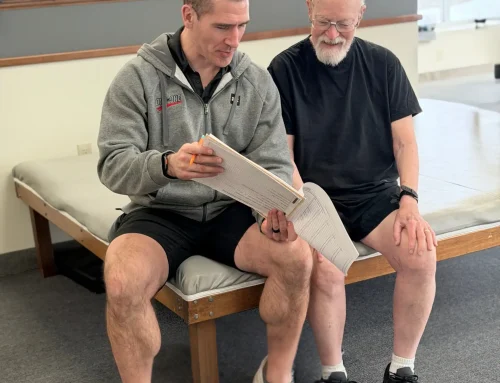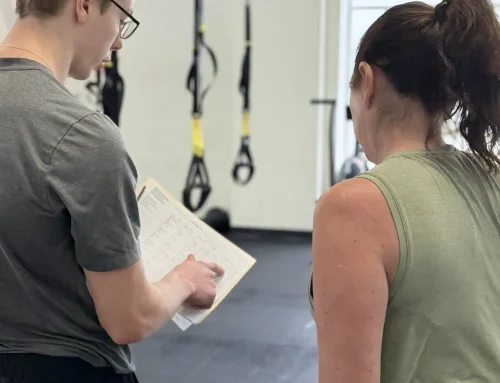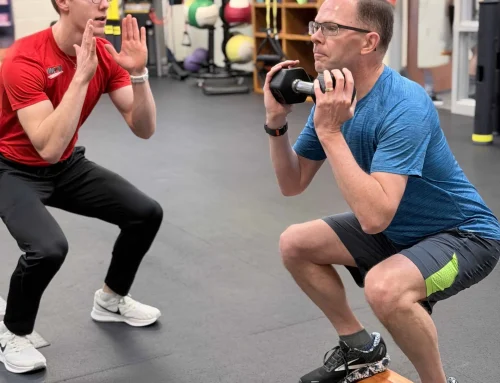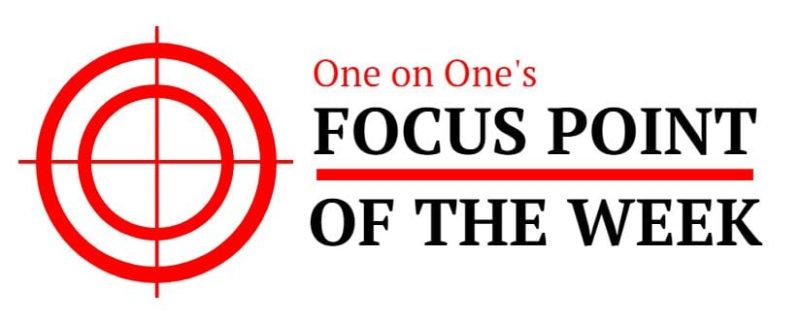
By: Bruce Burke
Last Updated: 6/15/25
The Role of Communication in Reaching Your Health and Fitness Goals
Having been in the fitness business for 42 years, I’ve learned a great deal about why people succeed or fail in achieving their health and fitness goals. While the “X’s and O’s” of training are important, consistency is the true key. Life’s inevitable “curveballs” often throw us off track, and poor communication is frequently the cause. At One on One, we place a high value on excellent communication between both team members and clients. Read on to learn what we’ve discovered about the role of communication in reaching your health and fitness goals and how to apply it effectively.
Keep It Simple
Strong relationships with family, friends, and colleagues are a major source of fulfillment, but they can also bring stress. Much of that stress stems from misunderstandings that are easy to prevent. Assumptions and unmet expectations breed resentment. Clear, simple communication resolves conflict and promotes trust.
If you’re unsure of someone’s expectations, ask. Likewise, take the time to clearly express your own. We aren’t mind readers, and expecting others to know what we’re thinking leads to frustration and conflict. We are not mind readers, and we do ourselves and those around us a disservice by making careless assumptions.
Good communication shows we care. Every time we engage in meaningful dialogue, we make a “deposit” in our relationship account. Listening makes the biggest deposit. Not just hearing but listening with the intent to understand builds connection and respect. It’s the single most important skill of an effective communicator.
Practice Makes Perfect
Communication is a skill we must all practice. Over the years, we’ve interviewed hundreds of candidates, and not one has claimed to be a poor communicator. Most people equate strong communication with verbal skills alone. While those are important, effective communication requires more.
Refining your communication skills can reduce stress, improve relationships, and enhance the results of your training. Practicing these techniques can reduce the stress that negatively affects your health. Using these techniques with your trainer can ensure that you’re getting the best possible support and results from your sessions here at One on One. To that end, consider the following techniques to ensure smooth communication in any relationship:
- Be proactive. Don’t wait for problems to arise. Establish expectations early, clearly communicating what you need and taking time to understand what others expect from you. Establish expectations early, clearly communicating what you need and taking time to understand what others expect from you.
- Be clear and concise. Know what you want to say and say it simply, avoiding wordiness.
- Listen actively. Don’t just wait to respond; make a conscious effort to understand what the other person is really saying before you begin forming your reply. Listening with the intent to understand, not just to reply. Remember, seek first to understand.
- Restate for clarity. Never leave an important communication without being certain you fully understand what was discussed and are on the same page with the other person. Summarizing your understanding of the conversation and any action-items that may have been discussed is a great way to ensure clarity and confirm shared expectations.
- Have the tough conversations. No one cherishes this idea, but it is extremely important that we deal with reality, even when that means confronting awkward or upsetting situations. More often than not, the consequences of avoiding an uncomfortable interaction are far more difficult than the interaction itself.
When difficult conversations arise, two keys are essential:
- Fully understand the other person’s perspective.
- Avoid the desire to have them embrace your point of view; you simply can’t control that. All you can control is the delivery, which will invariably be compromised if you start down the path of insisting that they agree with you.
Good communication creates an environment where inspiration, trust, creative ideas, and problem solving can flourish. It also shows that we care, reduces stress, fosters good relationships and improves our overall well-being. Inventory your communication skills today to see how you can make them better. You’ll be glad you did!

